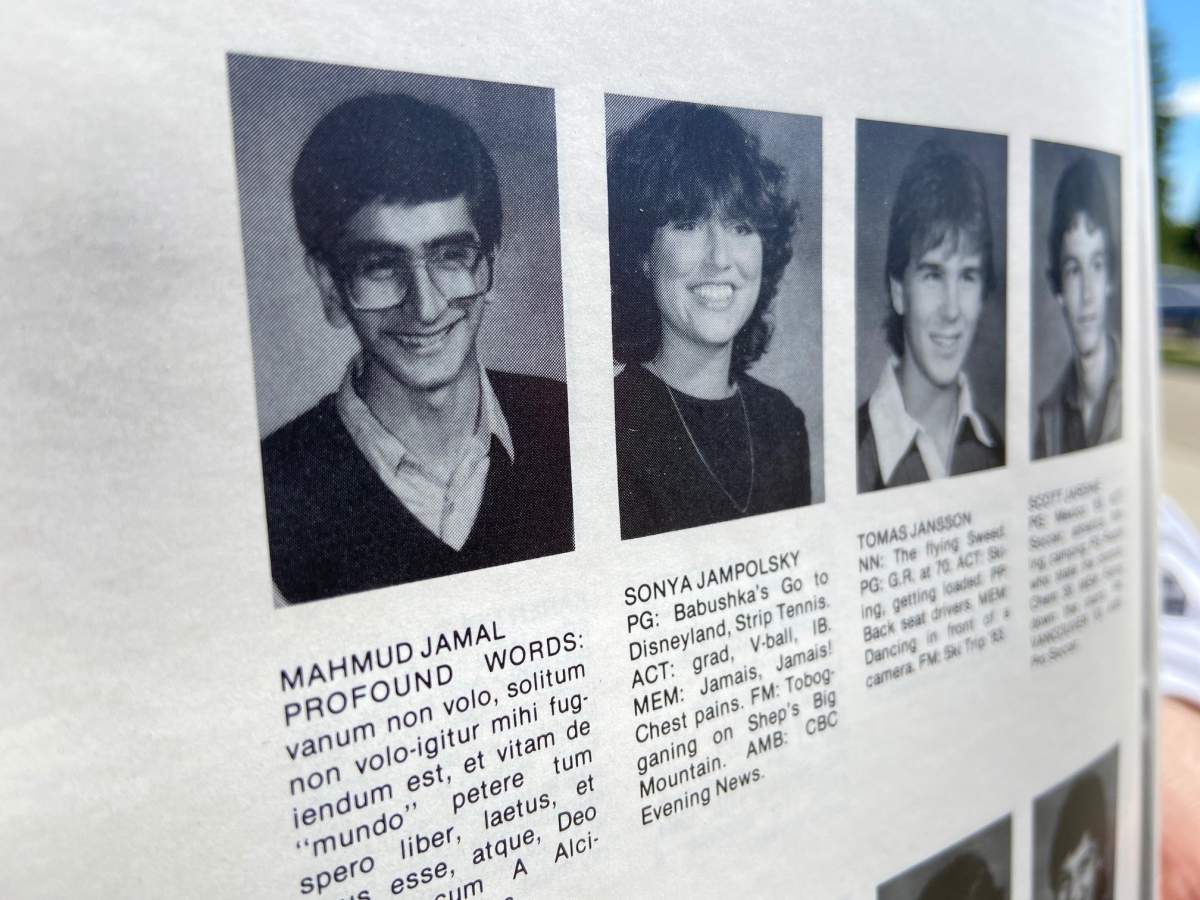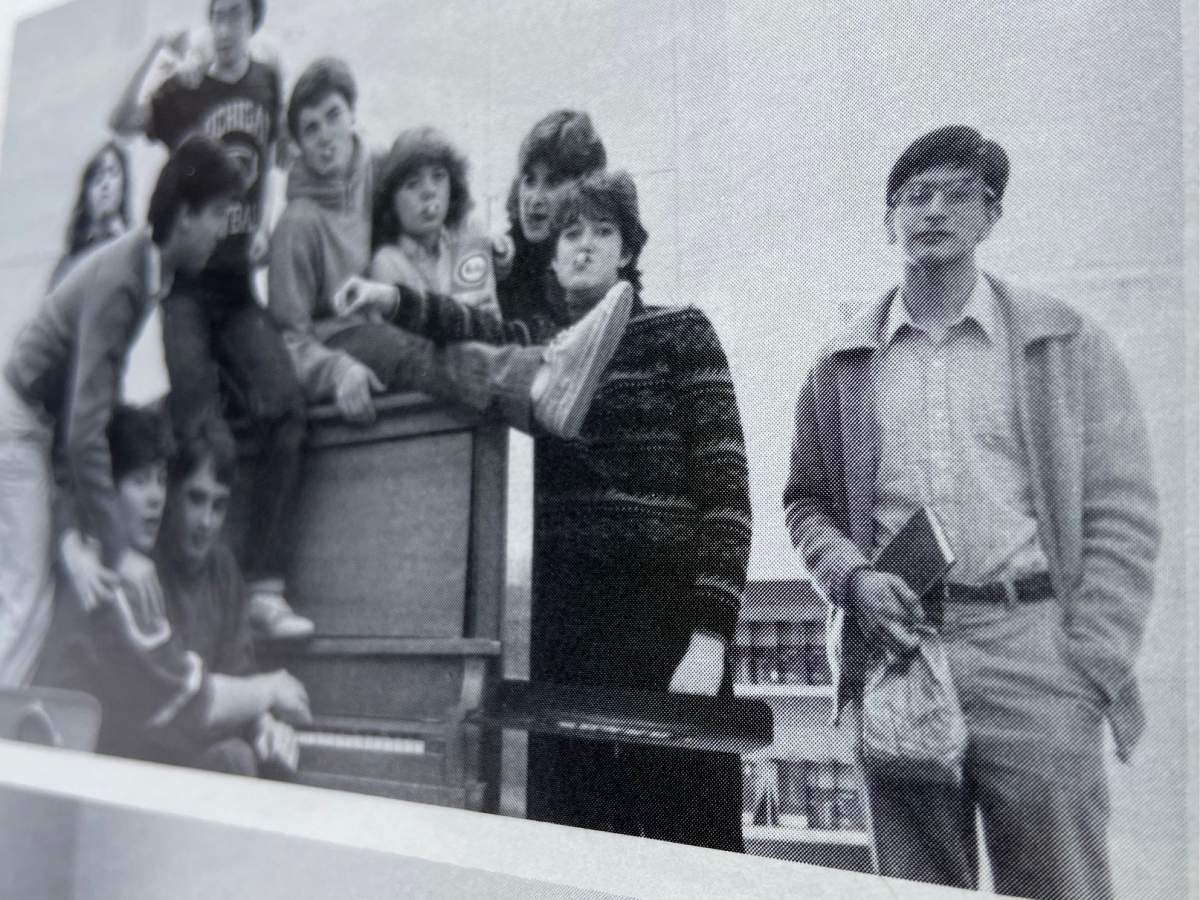The judge poised to be the first person of colour on the Supreme Court of Canada says he experienced discrimination “as a fact of daily life” while growing up.

Prime Minister Justin Trudeau nominated Ontario Court of Appeal Justice Mahmud Jamal to the top court Thursday to replace retiring member Rosalie Abella.
Born in 1967 in Nairobi, Kenya, to a family originally from India, Jamal moved two years later to Britain.
In a questionnaire submitted as part of his application to the Supreme Court, Jamal said that because he attended Anglican schools, he received a hybrid religious and cultural upbringing.
“I was raised at school as a Christian, reciting the Lord’s Prayer and absorbing the values of the Church of England, and at home as a Muslim, memorizing Arabic prayers from the Qur’an and living as part of the Ismaili community,” Jamal wrote.
“Like many others, I experienced discrimination as a fact of daily life. As a child and youth, I was taunted and harassed because of my name, religion or the colour of my skin.”
In 1981, Jamal’s family moved to Canada, settling in Edmonton where he completed his primary education at Ross Sheppard High School.

Get daily National news
“Our first few years here were hard. My parents struggled to make ends meet. They opened a restaurant and dreamed of financial stability but were soon left bankrupt,” Jamal wrote. “Despite their challenges, they always encouraged education.”
Jamal was the first in his family to attend university, spending a year at the London School of Economics before obtaining an economics degree from the University of Toronto. He went on to study law at Montreal’s McGill University and Yale Law School in the United States.
Jamal says his wife also came to Canada as a teenager, a refugee from Iran fleeing the persecution of the Baha’i religious minority during the 1979 Revolution.
She spent several years in the Philippines before being welcomed by Canada and settling in Innisfail, Alta.
After they married, Jamal became a Baha’i, attracted by the faith’s message of the spiritual unity of humankind, and the couple raised their two children in Toronto’s multi-ethnic Baha’i community.
“These experiences exposed me to some of the challenges and aspirations of immigrants, religious minorities, and racialized persons,” Jamal wrote. “My perspectives on these issues have broadened and deepened over more than 25 years as a lawyer and judge.”
Jamal was a longtime litigator before becoming a judge of Ontario’s Appeal Court two years ago.
As a lawyer he appeared in dozens of appeals before the Supreme Court on a wide variety of issues.
Fluent in English and French, he taught constitutional law at McGill and administrative law at Osgoode Hall Law School.
When Jamal’s former classmate David Case, who is now an assistant principal at Ross Sheppard High School in Edmonton, heard Jamal was the first person of colour to ever be nominated to the Supreme Court of Canada, he dug out an old keepsake.
“One of the first things I did was pulled out one of my old year books and looked up his picture, then looked up our picture on students union,” Ross Sheppard Assistant Principal David Case said.
Year book pictures from 1984 show a much younger Jamal when he and Case were students at Ross Shep.
“He was serious, an earnest student, so I’m not really surprised by the nomination. He was the type of student who was going places back then,” Case said.
There is a feeling of hope and change within Edmonton’s legal community.
Hasman Dhaliwal, who is an articling student at an Edmonton law firm, said it is monumental to have someone who understands the challenges faced by people who look like him nominated to the Supreme Court.
“To see somebody of colour to forge a path that a young lawyer such as myself can see and take inspiration from absolutely huge,” Dhaliwal said.
Members of the House of Commons justice committee and Senate committee on legal affairs, along with a member of the federal Green party, will soon take part in a question-and-answer session with Jamal.
The session will be moderated by Marie-Eve Sylvestre, dean of the civil law section at the University of Ottawa’s faculty of law.









Comments